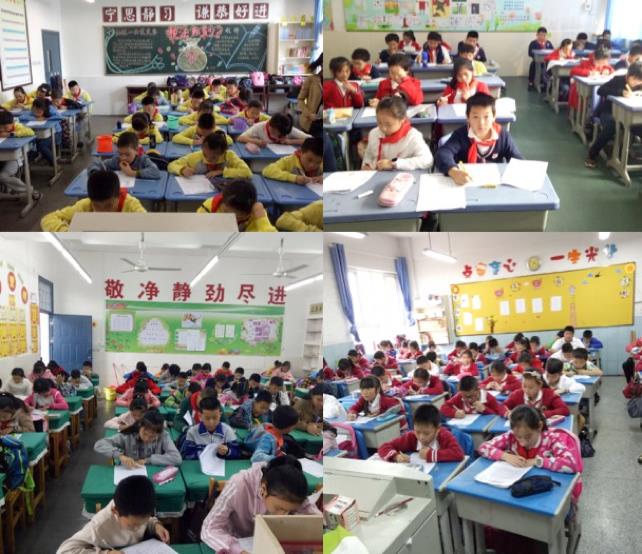One objective of environmental education (EE) is empowering people to take environmentally responsible actions. The New Ecological Paradigm (NEP) and the Two Major Environmental Values (2-MEV) scale are both popular in environmental education researches. However, the predictability of the NEP and 2-MEV scales is rarely compared.
In a study published in Environmental Education Research, researchers from Xishuangbanna Tropical Botanical Garden (XTBG) explored the applicability of the 2-MEV scale in assessing children’s environmental attitudes (EA) in China. They also compared it with the widely applied NEP scale.
The researchers modified the 2-MEV scale, which considers environmental attitudes in two dimensions—preservation and utilization, in Chinese, making it fit the psychological characteristics of Chinese children. They then tested its validity and reliability and compared the ability of the 2-MEV and NEP to predict pro-environmental behavior (PEB).
Considering children’s executive behavioral ability, the researchers focused on two aspects of their PEBs: personal sphere (i.e. sustainable lifestyle behaviors in children’s daily lives) and social sphere PEB (e.g. persuasion and talking about environmental issues).
The 16-item 2-MEV scale modified in the study demonstrated acceptable internal consistency and child-friendly vocabulary. The test– retest results indicated that the psychological variables measured by the 2-MEV and NEP scale were stable over a four to six-week interval.
Furthermore, the scores of the 2-MEV had a much better ability to predict PEB than the NEP score, revealing the weakness of NEP in this regard.
“To our knowledge, this study was the first attempt to use the 2-MEV scale with children (aged 9–12 years) in China. It provides first-hand information on how the modified scale worked in the Chinese context and produced Chinese children’s responses”, said Prof. CHEN Jin, principal investigator of the study.
Contact
CHEN Jin, Ph.D Principal Investigator
Key Laboratory of Tropical Forest Ecology, Xishuangbanna Tropical Botanical Garden, Chinese Academy of Sciences, Mengla, Yunnan 666303, China
E-mail: cj@xtbg.org.cn

Questionaire on predicting pro-environment behavior in primary schools (Image by LIU Wanlu)

